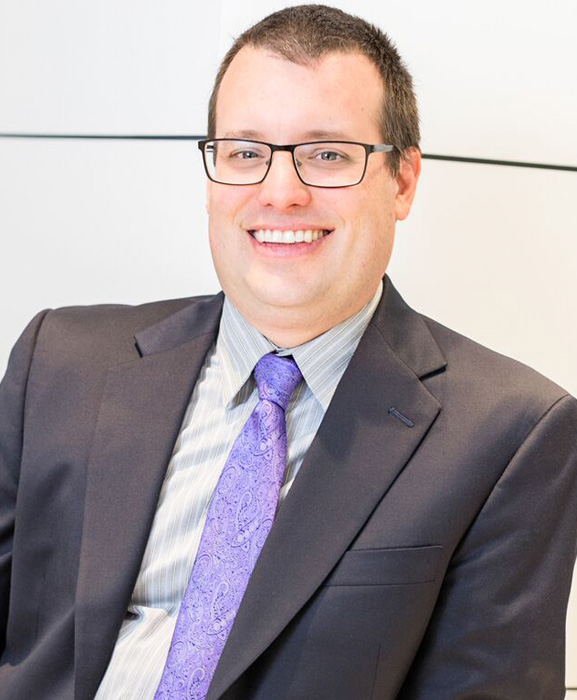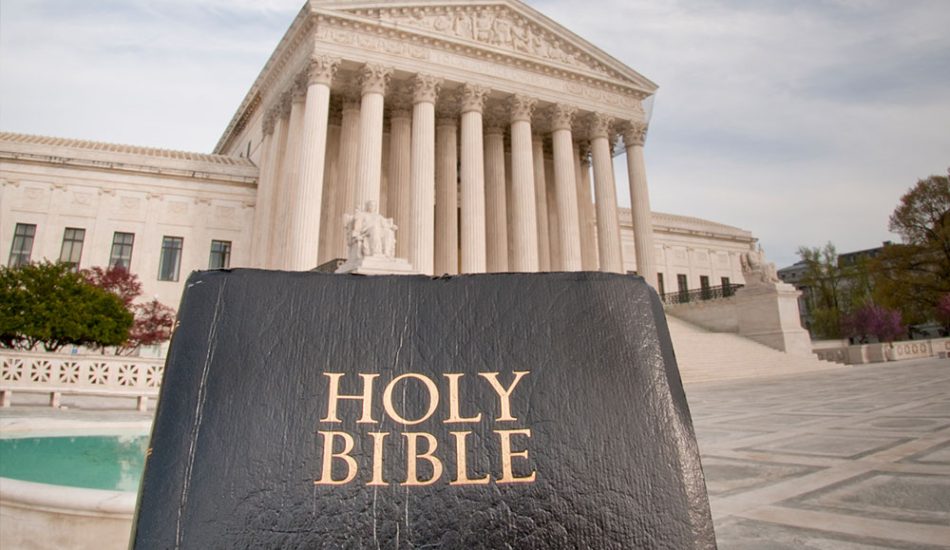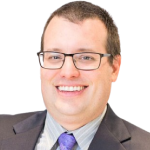|
|
Last Modified on Jul 17, 2020
On July 8, 2020, the Supreme Court handed down its decision in Our Lady Of Guadalupe School v. Morrissey-Berru and a companion case. The cases involved two elementary school teachers at California Catholic schools. One alleged that she had been discriminated against based on age; the other because she requested a leave of absence to deal with breast cancer. The schools denied any discrimination.
he Supreme Court held that neither teacher could state a claim because First Amendment “free exercise” clause prevents the government from interfering in the employment decisions of religious employers. This doctrine is termed the “ministerial exception.”
The Supreme Court held in Our Lady of Guadalupe that the assignment of a title like “minister” is not necessary for the application of the ministerial exemption. Neither is religious training or education. The teachers here engaged in prayer with their students, attended Mass with their students, and engaged in at least some religious instruction from materials provided by the school. That was enough for them to be considered ministers for purposes of the ministerial exception required by the First Amendment.
The practical impact of this decision will make it difficult to impossible for most religious school teachers to bring claims based on discrimination, wrongful termination, or retaliation. Unless the teacher has no duties that involve religious practice or instruction, then he or she likely qualifies as a minister under the ministerial exception. Other employees, like custodians, groundskeepers, and others, may be more likely to avoid the ministerial exception and have a right to bring claims.
The application of the Supreme Court’s broad ministerial exception to other areas of employment law remains to be determined. For instance, the California Court of Appeal had determined last year that the ministerial exemption did not prevent overtime claims by preschool teachers at a Jewish preschool. It is unclear whether the same result would hold after the Supreme Court’s decision.





